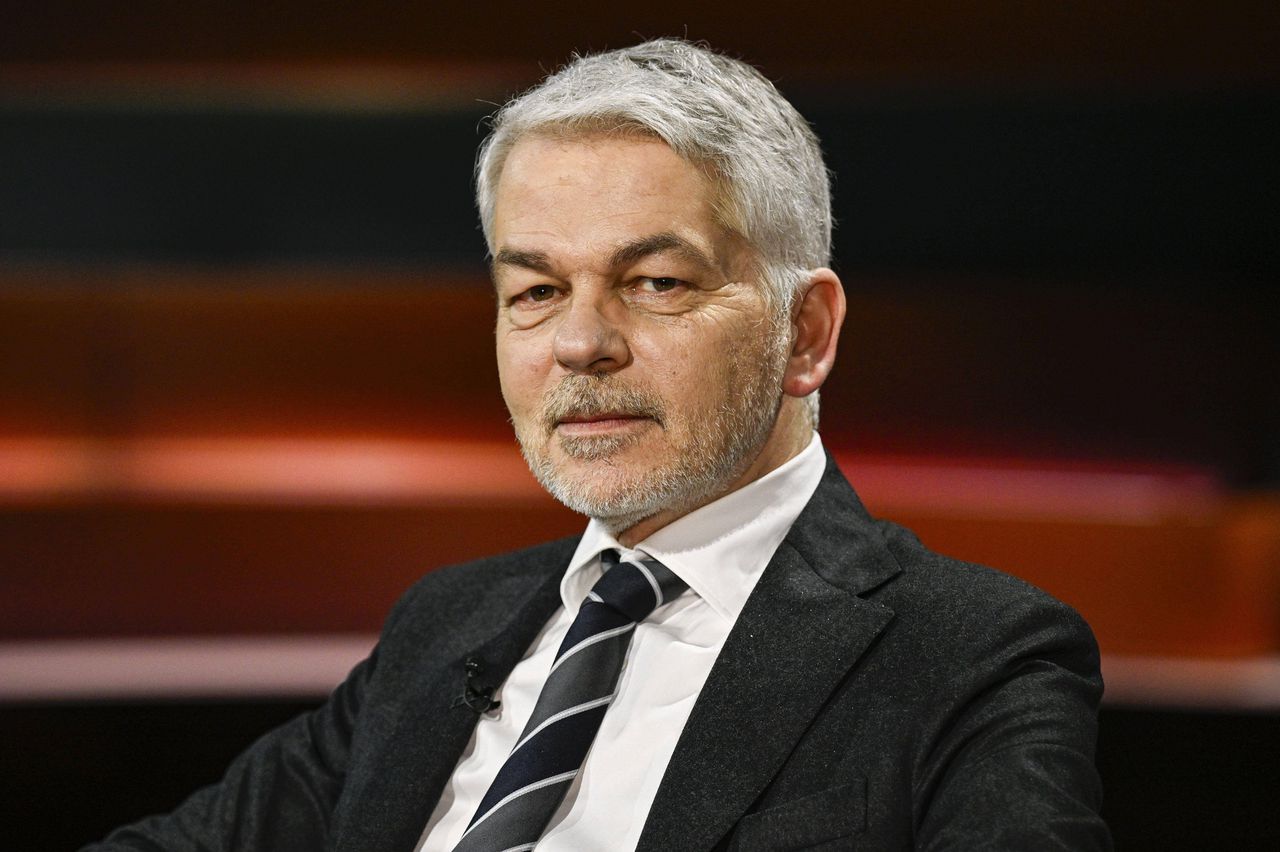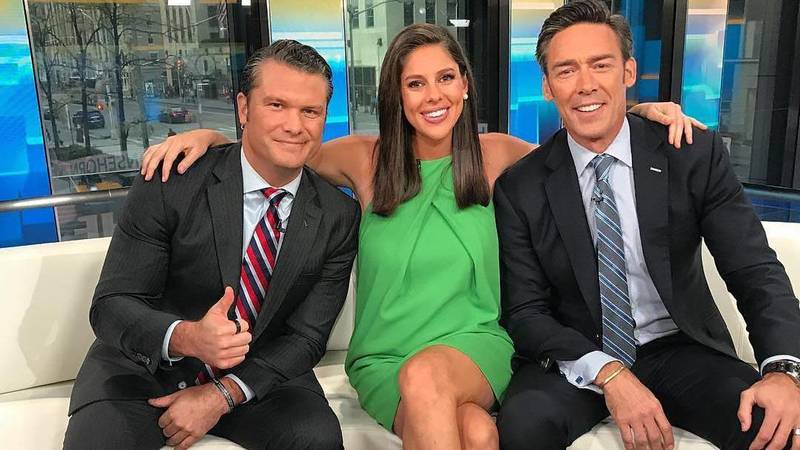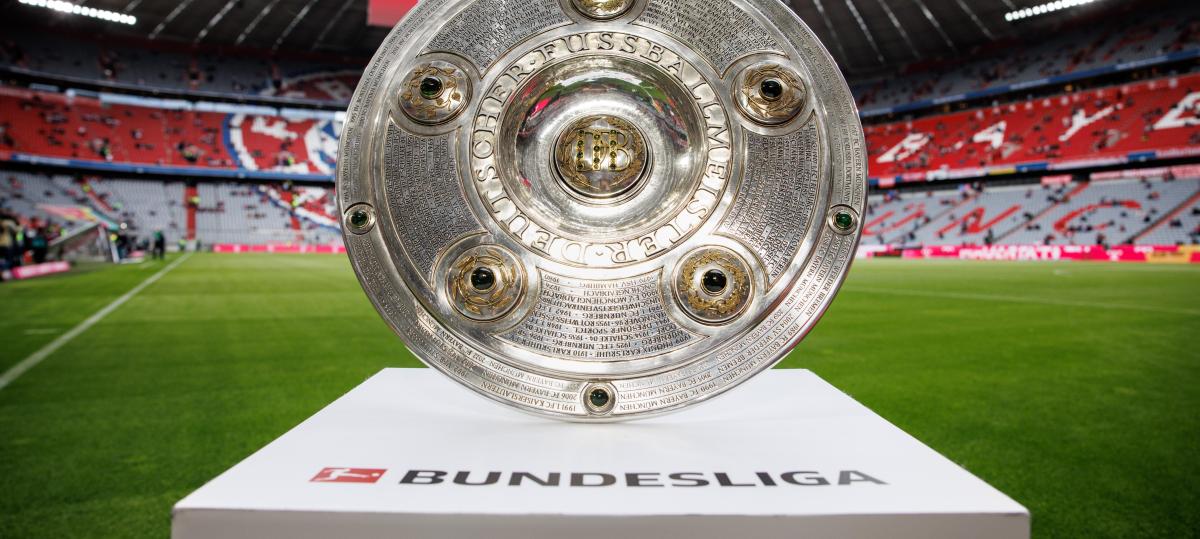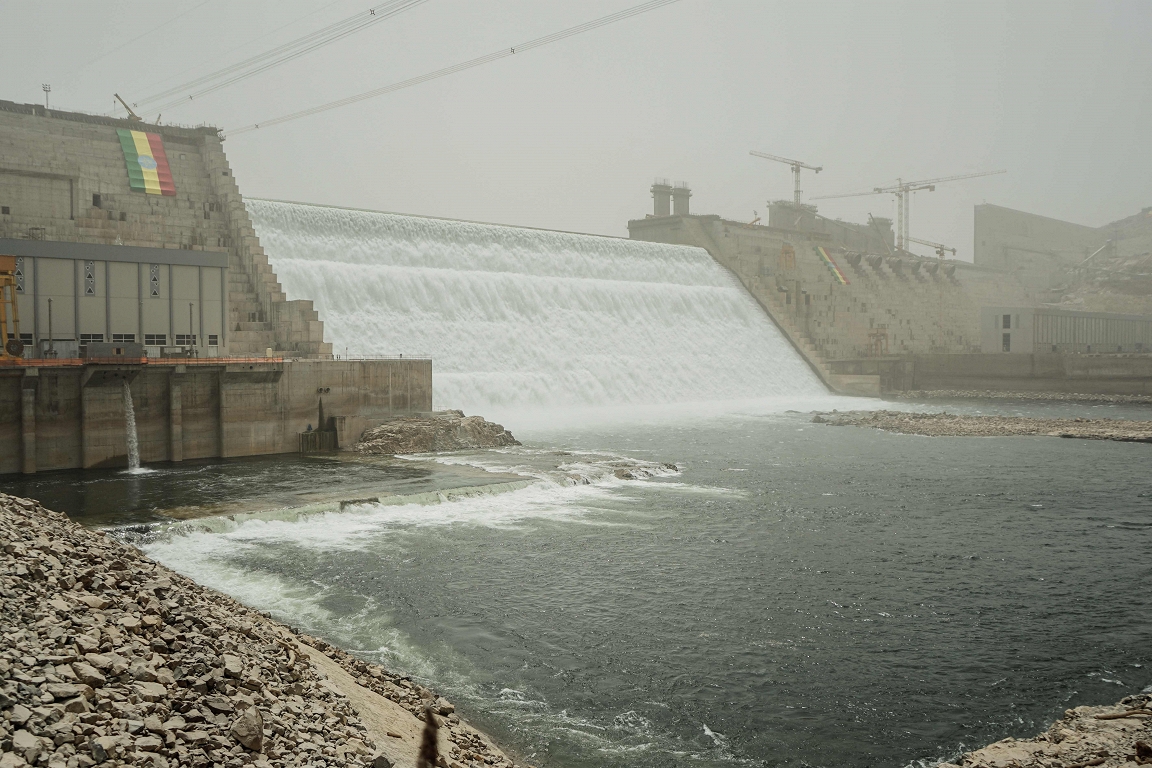‘Pfas in my eggs? I’m not assuming, « says the chicken holder after the RIVM warning
/s3/static.nrc.nl/images/gn4/data131123801-9ab884.jpg)
Eight Kloeke chickens roam in the garden of Alma Huisken in the North Groningen village of Molenrij. The five Wyandottes are retired. With red kons, they occasionally squeeze out another egg. Three younger farmer’s chicks still lay down, from early spring to September. Three to five eggs a week eat huisken and her partner in the good months each of them. And sometimes a goose egg, of the eight geese who also waggle around here.
Grass, a pond, thickets, bushes and a soil full of worms and insects – they live here as a god in Groningen. So caught is house loving love, that she even wrote a book about it: The green chicken bookcourse and cookbook in one.
« Pfas-Gein, » Huisken calls the call from Health Institute RIVM last week not to eat private eggs throughout the Netherlands. She finds the advice exaggerated. « If we still test, why not the chicken food and all possible pesticides on it? »
The RIVM took samples at sixty locations. On 31 of them, people already receive more PFAS than the limit value if they eat less than one egg per week, it turned out. And too long get too much of these microscopically small plastic particles and chemical compounds can be harmful to health, including for the defense against diseases.
« Pfas are everywhere, » she says. Why the magnifying glass on eggs? She knows the answer. « There is a constant lazer with poultry farming-bird flu, lifting obligation, high prices-it works out well if people no longer eat and buy hobby eggs. »
Huisken (69) has been angry for half a century about foaming poison in rivers and pesticidal use in agriculture. And yes, when she still lived near the Hoogovens in IJmuiden, she sometimes tasted iron when she was outside. « But I have been living on very healthy soil for 21 years, which has never occurred poison or fertilizer. PFAS in my eggs? I’m not assuming. »
Not every private individual with chickens in the garden is so sure of that, see the owners of Testenoppfas.nl, which sells PFAS-EIER tests. They receive about three hundred orders a day since last week’s news, says Lars Roelofse. While normally days sometimes pass without orders.
Test kit at 269.50 euros
Since last year, Testestoppfas has been working with the accredited Laboratory Normec to meet the demand after the NVWA also advised last March Not to eat hobby chickens eggs. « We heard that only companies could have tested. We thought: why should private individuals not be able to do that? »
Customers receive a test kit at 269.50 euros in which they put ten eggs in, they send them to the lab. There they are tested on 25 different substances that fall under the name PFAS. At the bottom of the test report is the sum of the concentration of all those substances in their eggs. And what percentage this is from the EU standard. « We are very careful with interpreting the results: for health questions we refer to the GGD. Whether people still consume their eggs is up to themselves, » says Roelofse.
From all over the Netherlands, even from Belgium, gets test positions orders. « We see very different results, but they are not tied to certain regions. For example, my brother-in-law, which turned out to have huge amounts of PFAS in his eggs. As it turned out: in his garden a shed was once burned down and with PFAS-containing foam extinguished. You don’t always know what’s in the bottom. »
Biodiversity and soil life
Sible Westendorp also has such a story. He himself has Frisian Landhoenders and a few New Hampshires. They live in an inner loft with a small spout where the chickens run on wood flakes and tree bark. His eggs tested ‘clean’. « While I live near Roosendaal, almost under the smoke of the 3M chemical factories near Antwerp. »
A few hundred meters away, the neighbor’s chickens walk in a lush garden. « The neighbor tested extremely high there, » says Westendorp, who is not only a hobby chicken holder, but also a veterinarian, specialized in hobby poultry. « That is the sad one: that this is just people who cherish biodiversity in their garden, and have a gigantic soil life there. »
The tricky thing about testing yourself, says Westendorp, is that some substances under the PFAS paraplu are more harmful than others. That makes it difficult for private chicken farmers to properly estimate the risks. « The RIVM must give more clarity about that. Nobody knows about what risks we are talking about. »
For more reasons, Westendorp, also chairman of Kleindierned, is a dome of animal farm organizations, « not so happy » with the RIVM report. The risks do not show the risks at which locations do not show. PFAS can come from the industry, but also sit in the ground very locally. And there are therefore no solutions either.
« You say: we have poisoned the world so much that you are no longer allowed to eat your own eggs. But then you will not be able to eat much more that has not been investigated now. Because even without eggs, Dutch people get too much PFAS. We have ended up in a world where you can only eat food produced under controlled circumstances. »
The chicken doctor sees that people are gradually becoming murw of all the poison messages. Temporary they may eat less hobby eggs, he says, « but that soon ebbs away again. »
In Groningen, says Alma Huisken, you can still buy eggs anywhere along the road. And she knows no one who takes away his chickens because of PFAS. She sees only one solution: « Make sure you do the best thing you can do on your own piece of land. In any case, I don’t eat eggs less. »

:format(webp)/s3/static.nrc.nl/wp-content/uploads/2025/04/20201035/US-CONGRESS-MEETS-TO-WORK-ON-BUDGET-RECONCILIATION-PROCESS_66852048.jpg)
/s3/static.nrc.nl/images/gn4/data130910257-c7b0e3.jpg)



